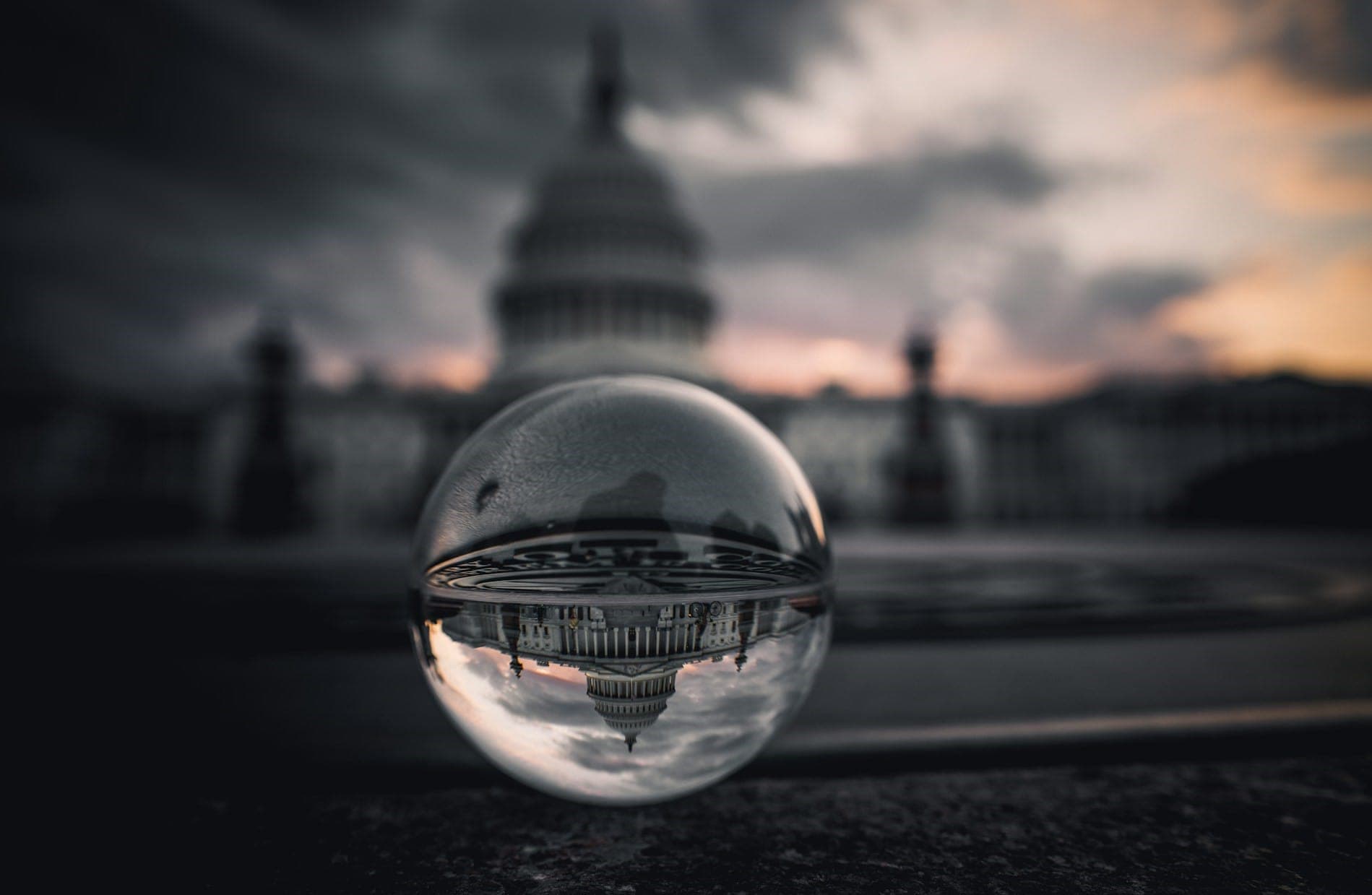DC Appeals Court Revives Democrats' Effort to Kill the Already Approved Initiative 83

Washington, D.C. – Alex Koma of Loose Lips @WCP reports that a significant legal battle over Initiative 83 (I-83) has been reignited after the District of Columbia Court of Appeals ruled on February 6, 2025, to remand the case to Superior Court
This action revives a lawsuit filed by D.C. Democrats challenging the measure’s legality. However, more than 212,000 city residents already voted in favor of the measure in November. It passed with 72.89% of the vote.
Previously dismissed on procedural grounds, the appeals court has now determined that arguments on the merits of the lawsuit should proceed.
Initiative 83 adopts semi-open primaries and ranked-choice voting (RCV) starting in 2026.
- Semi-Open Primaries: Traditionally, D.C. has used closed primaries, allowing only registered party members to participate. With the passage of Initiative 83, independent and unaffiliated voters—who make up about 17% of the electorate—will be allowed to vote in party primaries. Advocates argue this change will increase voter participation and ensure a more representative selection of candidates.
- Ranked-Choice Voting (RCV): Under this system, voters can rank candidates in order of preference. If no candidate wins a majority in the first round, the lowest-performing candidate is eliminated, and their voters' next choice is factored into the vote tabulation. This process continues until a candidate secures a majority. Proponents believe RCV leads to fairer elections, discourages negative campaigning, and ensures winners have broad voter support.
Current DC law also bars unaffiliated voters from changing their party affiliation after the twenty-first day prior to a primary election. If implemented, Initiative 83 would remove this restriction.
The initiative was spearheaded by Lisa D.T. Rice. Delicious Democracy, a local group focused on community engagement and political reform founded by Brianna McGowan and Sam Jared Bonar collaborated with Rice. Their grassroots efforts culminated in the successful passage of I-83.
Rice emphasized the measure’s importance, stating, “Expanding the franchise to 75,000 people is something that should have been done long ago.”
The court’s decision to allow further legal arguments could impact the initiative’s implementation, creating a potential hurdle for its supporters. However, voter rights advocates remain committed to defending I-83, arguing that it expands electoral participation and modernizes D.C.’s voting system to better reflect voter preferences.
Stay tuned for further updates as the legal battle unfolds.
 Cara Brown McCormick
Cara Brown McCormick





